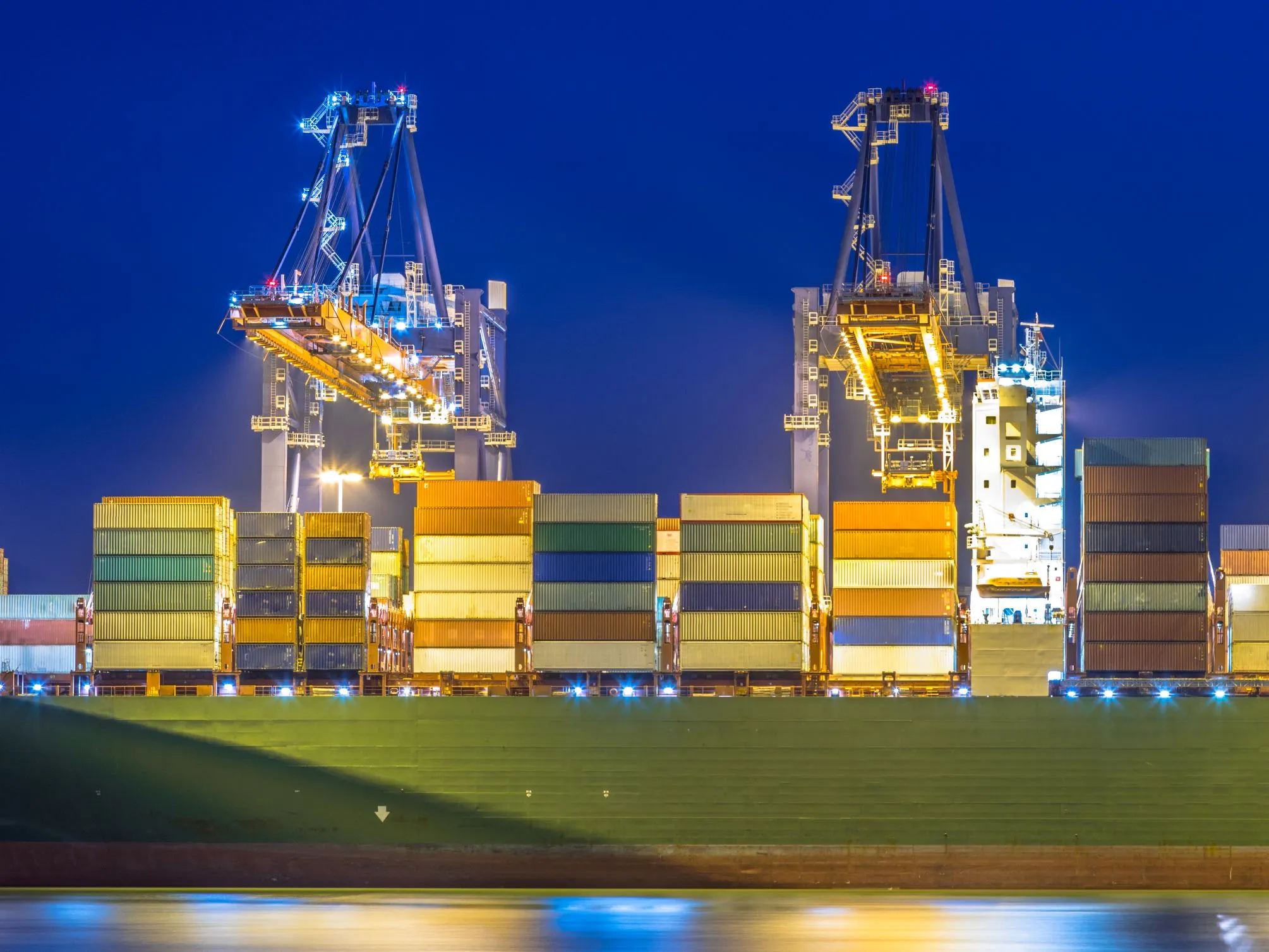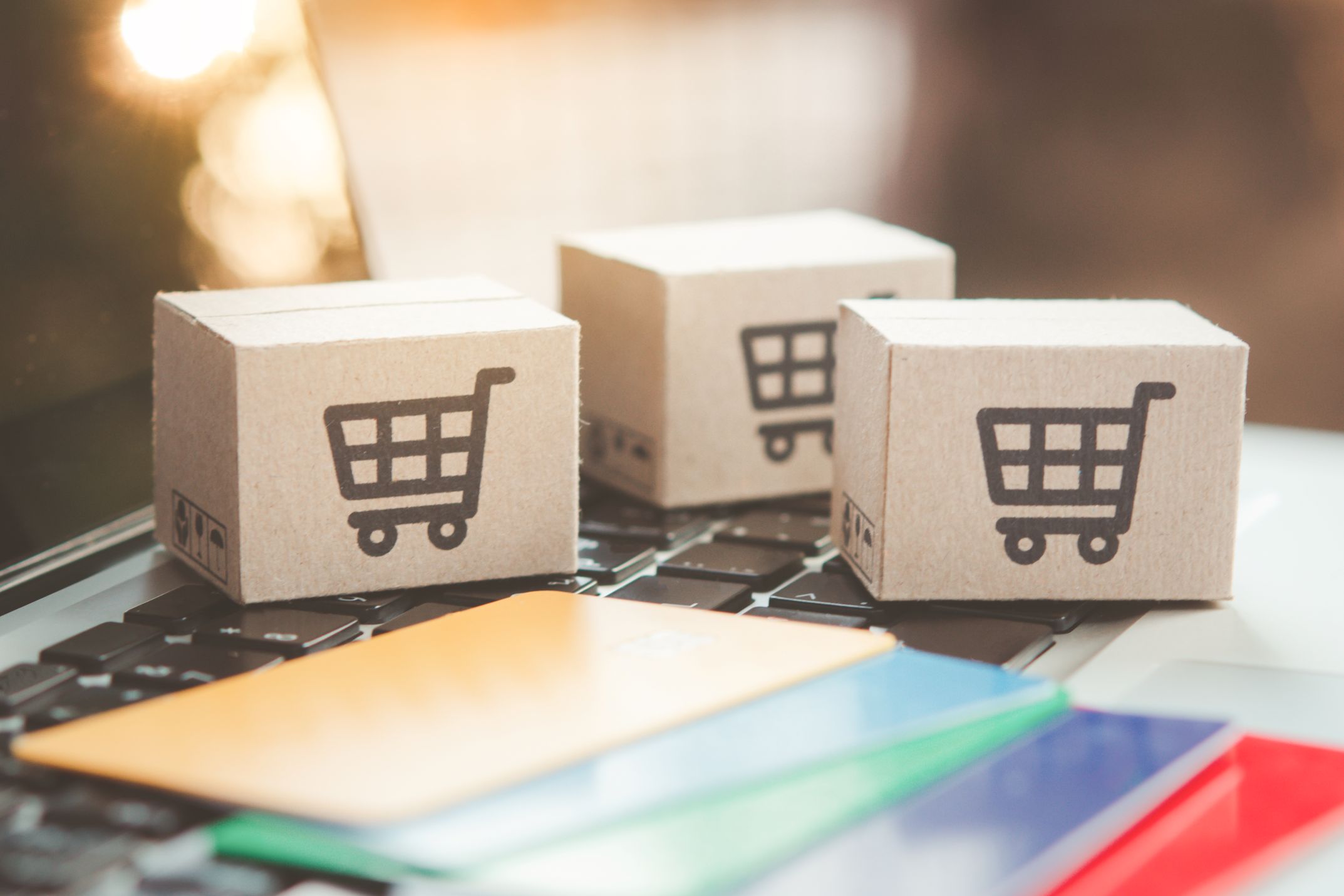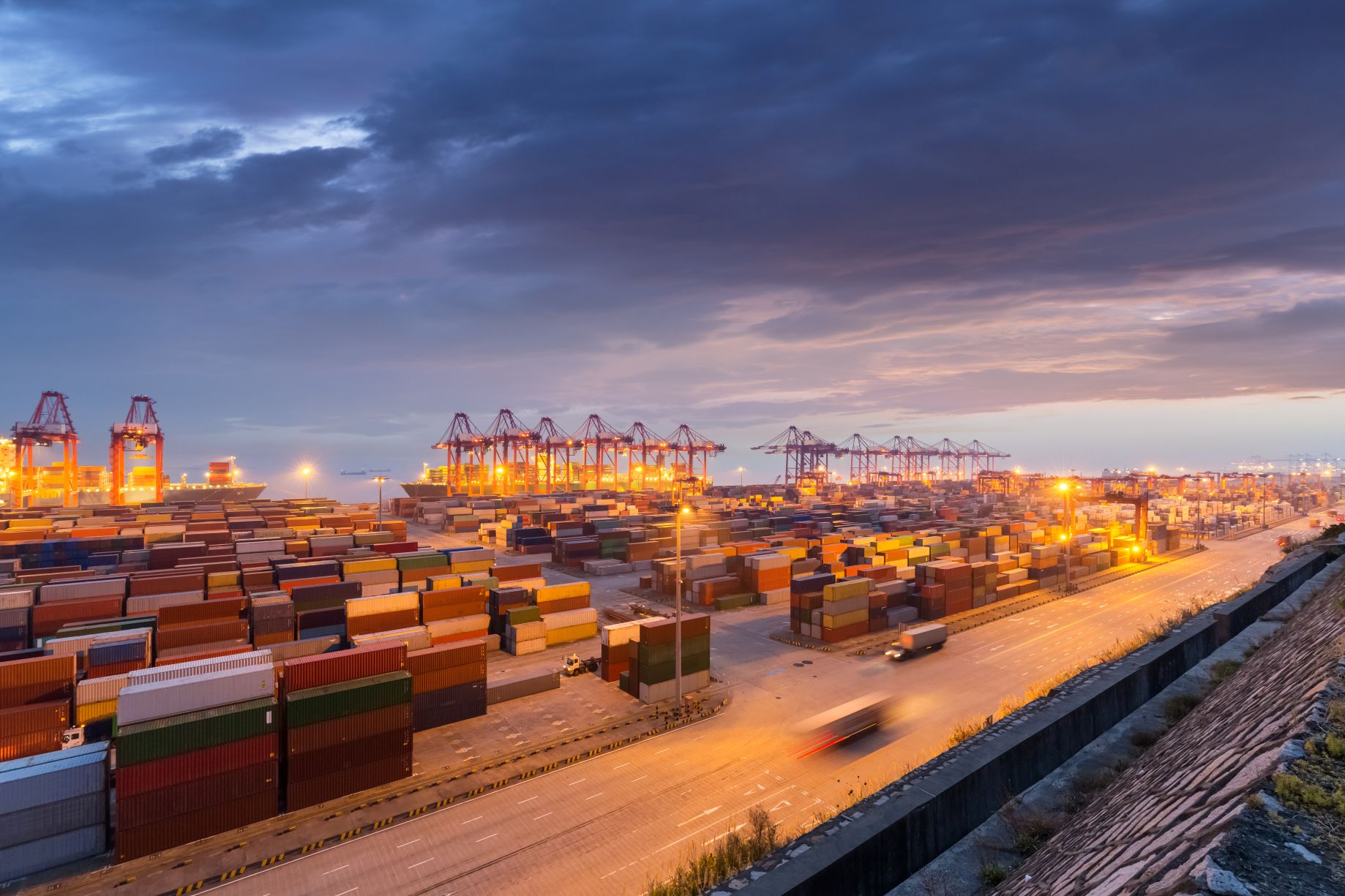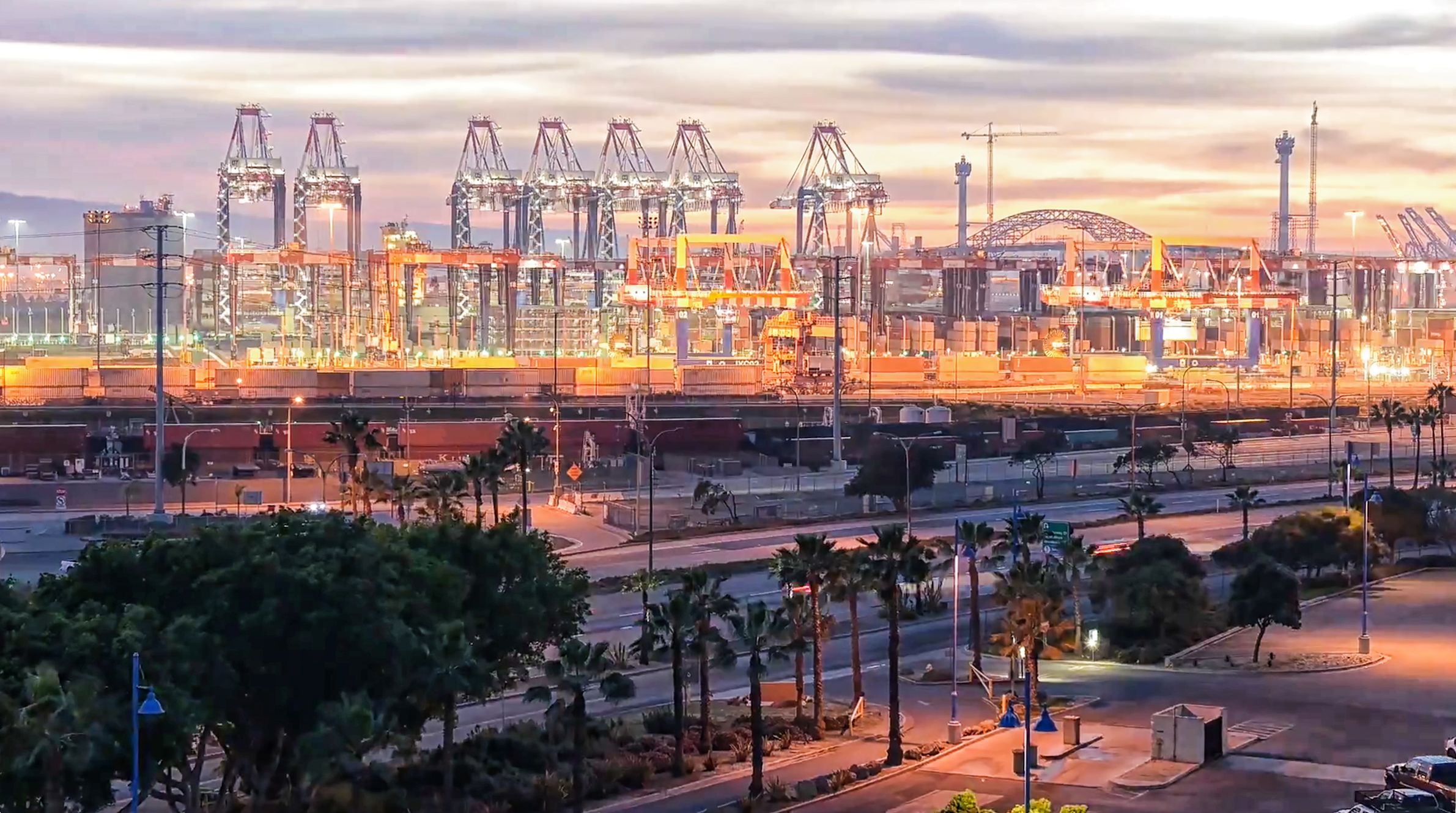As we approach the final quarter of 2025, the logistics and supply chain sector stands at a pivotal juncture. The intricate dance of global trade is continually influenced by economic shifts, technological advancements, and evolving consumer behaviors. For businesses relying on the steady movement of goods across borders, understanding these dynamics is not just beneficial—it’s essential for survival and growth. This comprehensive analysis provides a detailed Global Freight Forwarding Outlook Q4 2025, exploring the key market drivers that will shape the landscape and how a strategic partner like LCX Freight can help you navigate the complexities ahead.
The past few years have tested the resilience of supply chains worldwide. Now, as we look toward the end of 2025, a new set of factors is emerging. From the accelerated integration of artificial intelligence in logistics planning to a renewed focus on sustainable shipping practices, the industry is transforming. Companies that can adapt to these trends will be best positioned to capitalize on new opportunities and mitigate potential risks. This outlook will delve into the primary forces at play in Global Freight Forwarding, offering insights to help you refine your strategy for the coming months.
At LCX Freight, we remain at the forefront of these changes, constantly monitoring the market to provide our clients with agile, reliable, and cost-effective freight forwarding solutions. Our expertise in air, ocean, and ground transport allows us to offer a holistic perspective on the challenges and opportunities that Q4 2025 presents.
The Macro-Economic Climate and Its Impact on Freight
The global economic environment serves as the foundational driver for the freight forwarding industry. In Q4 2025, several key economic indicators will heavily influence shipping volumes, rates, and route viability.
Shifting Trade Policies and Geopolitical Factors
Geopolitical stability and trade agreements are cornerstones of international commerce and, by extension, Global Freight Forwarding. As we enter the fourth quarter, the ongoing evolution of trade relationships between major economic blocs will continue to be a dominant theme for Global Freight Forwarding. New tariffs, updated trade pacts, or regional conflicts can instantly alter shipping lanes and operational costs. For instance, changes in trade policies between North America and Asia can lead to significant shifts in demand for trans-Pacific ocean freight services.
Businesses must remain vigilant and agile. A proactive approach involves diversifying sourcing locations and having contingency plans for key shipping routes. This is where a knowledgeable freight forwarder becomes invaluable. LCX Freight’s global network and deep understanding of international customs and compliance regulations ensure that your shipments can be rerouted efficiently to avoid delays and costly penalties. We help you stay ahead of geopolitical shifts, transforming potential disruptions into strategic advantages. The Global Freight Forwarding Outlook Q4 2025 suggests that flexibility will be paramount.
Inflationary Pressures and Consumer Spending
Global inflation rates, though stabilizing in some regions, continue to affect consumer purchasing power and, consequently, demand for goods. As households prioritize spending, the demand for non-essential items may fluctuate, directly impacting B2C shipping volumes. This trend requires businesses to optimize their inventory management to avoid overstocking or stockouts, making efficient Global Freight Forwarding solutions essential.
LCX Freight assists clients by providing flexible warehousing and distribution solutions that align with this variable demand. Our advanced inventory management systems offer real-time visibility, allowing you to make data-driven decisions. By optimizing your supply chain from a cost perspective—consolidating shipments, choosing the most economical transport modes, and leveraging our volume-based rate negotiations—we help you protect your profit margins even in a challenging economic climate.
Technological Integration: The Digital Transformation of Freight
Technology is no longer just an add-on; it’s the core engine driving efficiency and transparency in modern logistics. The trends gaining momentum in early 2025 are set to become standard practice by the fourth quarter.
AI and Machine Learning in Logistics Optimization
Artificial intelligence (AI) and machine learning (ML) are revolutionizing freight forwarding. These technologies are being used to predict demand, optimize routes in real-time to avoid congestion or weather delays, and automate documentation processes. For example, AI-powered platforms can analyze historical shipping data and market trends to forecast freight rates with remarkable accuracy, allowing for better budget planning.
At LCX Freight, we have integrated cutting-edge technology into our operations to provide superior service. Our digital freight platform leverages AI to offer instant quotes, transparent tracking, and predictive analytics. This empowers our clients with the information they need to make smart, timely decisions. The Global Freight Forwarding Outlook Q4 2025 highlights that companies leveraging these tools will see significant improvements in efficiency and cost savings. Our commitment to technological innovation means your cargo is managed with the highest level of precision.
The Rise of Supply Chain Visibility Platforms
End-to-end visibility is no longer a luxury in Global Freight Forwarding but a fundamental expectation. Shippers demand to know where their cargo is at every moment of its journey. In Q4 2025, we anticipate even greater adoption of sophisticated visibility platforms that consolidate data from carriers, GPS devices, and port authorities into a single, user-friendly dashboard. This level of transparency is crucial for managing expectations, improving customer service, and quickly responding to any disruptions.
Our client portal at LCX Freight is designed to provide this exact level of insight. From the moment your shipment leaves the warehouse until it reaches its final destination, you have 24/7 access to real-time status updates. This visibility is a cornerstone of our service, building trust and providing the peace of mind that comes with knowing your supply chain is in capable hands. This trend is a key feature of the Global Freight Forwarding Outlook Q4 2025.
Sustainability: The Green Imperative in Shipping
The environmental impact of logistics is under intense scrutiny from consumers, investors, and regulators alike. Sustainability is now a critical driver of business strategy in the global freight forwarding sector.
Decarbonization and Alternative Fuels
The push towards decarbonization is accelerating. In the ocean freight sector, carriers are investing in vessels powered by alternative fuels like LNG, methanol, and ammonia. The aviation industry is similarly exploring Sustainable Aviation Fuels (SAFs). While widespread adoption is still a few years away, Q4 2025 will see increased availability and demand for greener shipping options. Shippers are increasingly looking to partner with forwarders who can help them measure and reduce their carbon footprint.
LCX Freight is committed to sustainable logistics. We work with our carrier partners to offer clients access to more environmentally friendly shipping options. We also provide carbon footprint reporting, giving you the data needed to track progress toward your corporate sustainability goals. The Global Freight Forwarding Outlook Q4 2025 indicates that a strong environmental strategy is becoming a competitive differentiator. Our team can help you design a greener supply chain that aligns with both your values and your budget.
The Circular Economy and Reverse Logistics
The concept of a circular economy—where products are reused, refurbished, or recycled—is gaining traction. This has significant implications for logistics, creating a greater need for efficient reverse logistics processes. Managing the return of products, whether for warranty, repair, or end-of-life recycling, is a complex challenge that requires specialized expertise in Global Freight Forwarding.
LCX Freight offers comprehensive reverse logistics solutions to support our clients’ circular economy initiatives. We manage the entire return process, from collection to final disposition, ensuring it is as seamless and cost-effective as your forward-moving supply chain. This capability is becoming increasingly important for brands in electronics, fashion, and consumer goods. A strong grasp of reverse logistics is a vital part of the Global Freight Forwarding Outlook Q4 2025.
Evolving Supply Chain Strategies
The final set of drivers relates to the strategic shifts companies are making to build more resilient and responsive supply chains.
Nearshoring and Regionalization
For decades, offshoring to low-cost manufacturing hubs was the dominant strategy. However, the disruptions of the past few years have exposed the vulnerabilities of long, complex supply chains. As a result, many companies are now pursuing nearshoring (moving production closer to home) or regionalization (creating supply chains that serve specific regions). This strategy reduces lead times, lowers transportation costs, and mitigates risks associated with geopolitical tensions.
This trend is reshaping freight flows. We are seeing increased demand for cross-border trucking and short-sea shipping in regions like North America and Europe. LCX Freight is perfectly positioned to support this shift. With robust ground freight networks and strong partnerships with regional sea carriers, we can design and execute efficient nearshoring strategies. Our expertise in customs brokerage ensures that cross-border movements are smooth and compliant, a key consideration in the Global Freight Forwarding Outlook Q4 2025.
The Growing Importance of Multimodal Transportation
To balance speed, cost, and reliability, shippers are increasingly turning to multimodal transportation solutions. Combining different modes of transport—such as sea-air or road-rail—can provide a flexible and cost-effective alternative to relying on a single mode. For example, a sea-air solution can be faster than standard ocean freight but more economical than direct air freight.
Crafting effective multimodal strategies requires deep expertise and a well-coordinated network. At LCX Freight, this is one of our core strengths. We analyze your specific needs to create a custom multimodal plan that meets your timeline and budget. Our seamless coordination between different transport modes ensures a smooth transition and consistent visibility throughout the journey. The Global Freight Forwarding Outlook Q4 2025 underscores the value of such integrated solutions.
Partnering with LCX Freight for a Successful Q4 and Beyond
Navigating the dynamic landscape of global freight forwarding requires more than just moving boxes from one point to another. It requires a strategic partner who understands the market, embraces technology, and is committed to your success. The Global Freight Forwarding Outlook Q4 2025 points to a period of continued transformation, where agility, visibility, and sustainability will be the keys to success.
At LCX Freight, we are more than just a service provider; we are an extension of your team. We leverage our industry expertise and global network to provide you with tailored solutions that address the key market drivers of Q4 2025 and beyond.
- – Expert Navigation: We guide you through complex trade policies and geopolitical shifts.
- – Technological Advantage: Our digital platform provides the visibility and data you need to optimize your supply chain.
- – Sustainable Solutions: We help you achieve your environmental goals with greener shipping options.
- – Strategic Flexibility: Our multimodal and regional solutions build resilience into your supply chain.
As you prepare for the final quarter of the year, let LCX Freight help you turn challenges into opportunities. Connect with one of our logistics experts today to discuss how our Global Freight Forwarding services can tailor a freight strategy that positions your business for growth and success in the evolving global market.






